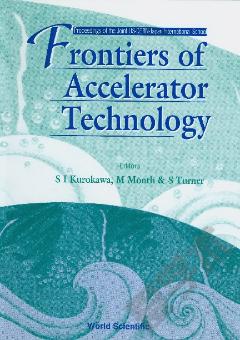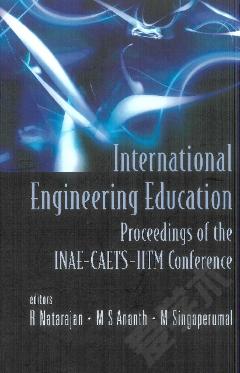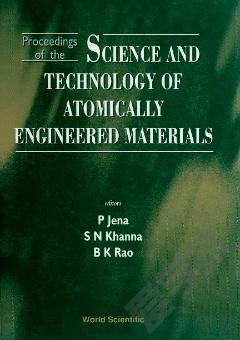Frontiers Of Accelerator Technology - Proceedings Of The Joint Us-cern-japan International School
This volume contains the proceedings of the Topical course on Frontiers of Accelerator Technology, jointly organized by the CERN Accelerator School, the KEK Accelerator School and the US Particle Accelerator School. It was held at Maui, Hawaii, November 3-9, 1994. The purpose was to disseminate knowledge on the latest ideas and developments in the technology of particle accelerators by bringing together world known experts and younger scientists in the field. It was intended for individuals with professional interest in accelerator physics and technology, for graduate students, for post-docs and for those working in accelerator-based sciences.The motivation to conceive and build accelerators comes from a most fundamental need of man — to understand and control the world around us. With beams and their associated accelerators, scientists and engineers can gain understanding of the nature of matter and modify matter not possible by other means. Areas already influenced by the developments in accelerator technology are high energy and nuclear physics, atomic and molecular physics, condensed matter physics and the biological sciences. There is also a growing number of applications in medicine and industry. The program was as follows: lectures in superconductivity, magnets, RF, feedback, instrumentation, high power sources, beam stability and novel accelerator techniques; seminars on accelerator applications, the role of government and industry, and perspectives on future technology; round table: the high energy accelerator frontier; four short courses, each including 8 hours of lectures, problems and tutorials on superconducting magnets, superconducting rf, instrumentation and linacs.This book aims to summarize all the currently available knowledge on the technology driving the development of particle beams for science, medicine, and industry. It is the most up-to-date and unique collection of information on this technology presently available.
{{comment.content}}








 京公网安备 11010802027623号
京公网安备 11010802027623号